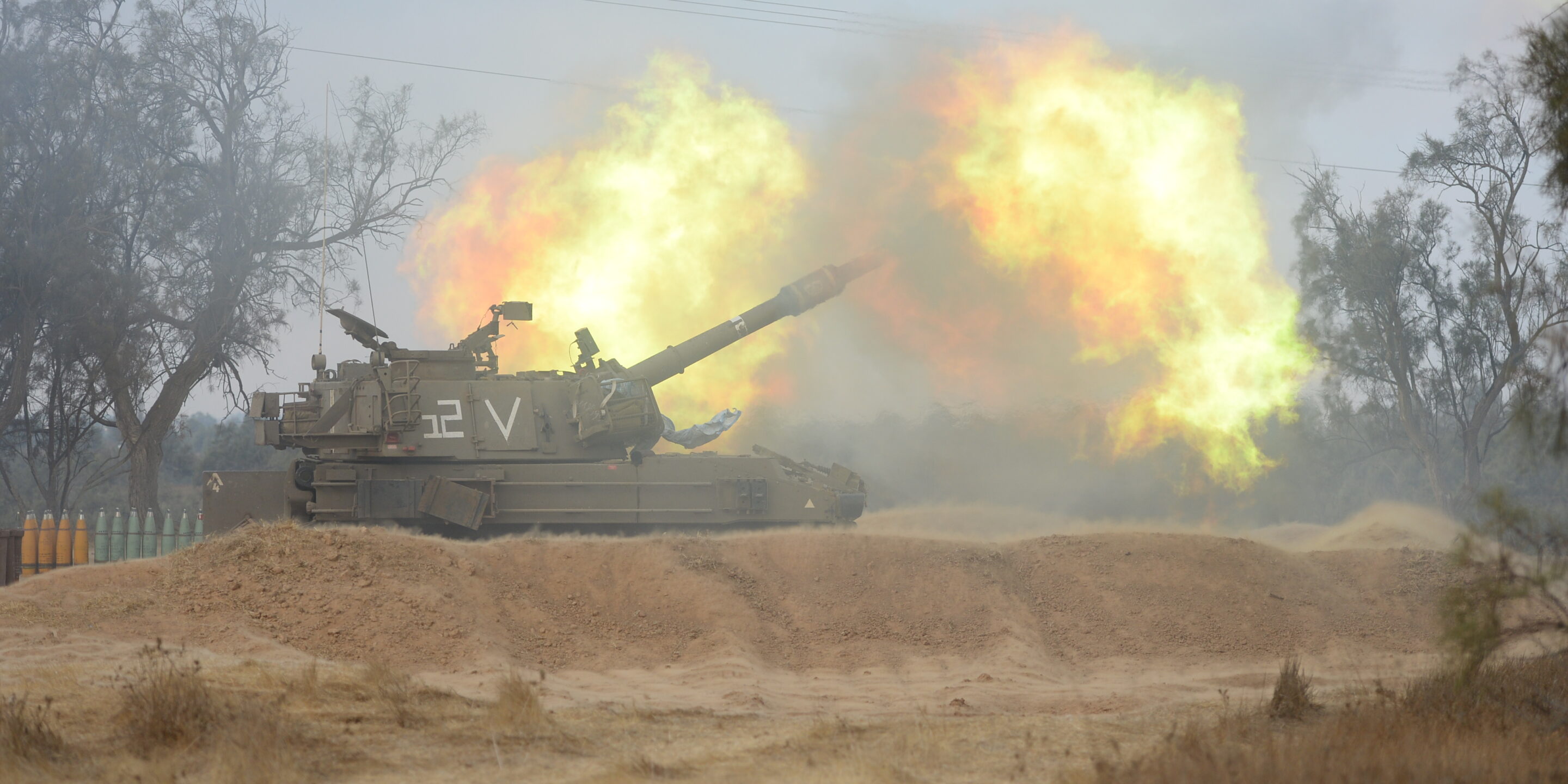
Will there be a ceasefire in the Gaza Strip?
For Israeli Prime Minister Benjamin Netanyahu and his government, the answer is a quick and emphatic “no.” Or at least it’s a “no” as long as Hamas, the terrorist organization that committed the worst attack in Israel’s history, continues to hold the approximately 240 or so hostages it captured on Oct. 7. As Netanyahu stressed on U.S. television last week, “there’ll be no ceasefire, general ceasefire, in Gaza without the release of our hostages.”
Israel’s position has been remarkably consistent on this point. Netanyahu reportedly rejected an offer earlier in the conflict that would have traded a five-day suspension of Israeli airstrikes for the release of some of the hostages. While this firm position has no doubt upset some of the immediate families who have loved ones stored somewhere in Hamas’s tunnel network, Netanyahu’s hawkish line suggests his priority, or at least his higher priority, is the offensive against Hamas. Everything else, including negotiating prisoner releases, is lower on the list.
The Biden administration would like other items to be just as significant. Foremost among them is alleviating a dire humanitarian catastrophe in Gaza, where more than 2 million Palestinians are living day to day without some of the most basic needs many of us take for granted. While dozens upon dozens of trucks carrying aid are arriving in the enclave every day, demand still outpaces supply by a hefty margin.
Read article in Washington Examiner
Author

Daniel
DePetris
Fellow
More on Middle East

By Daniel Davis
December 20, 2024

Featuring Dan Caldwell
December 17, 2024




